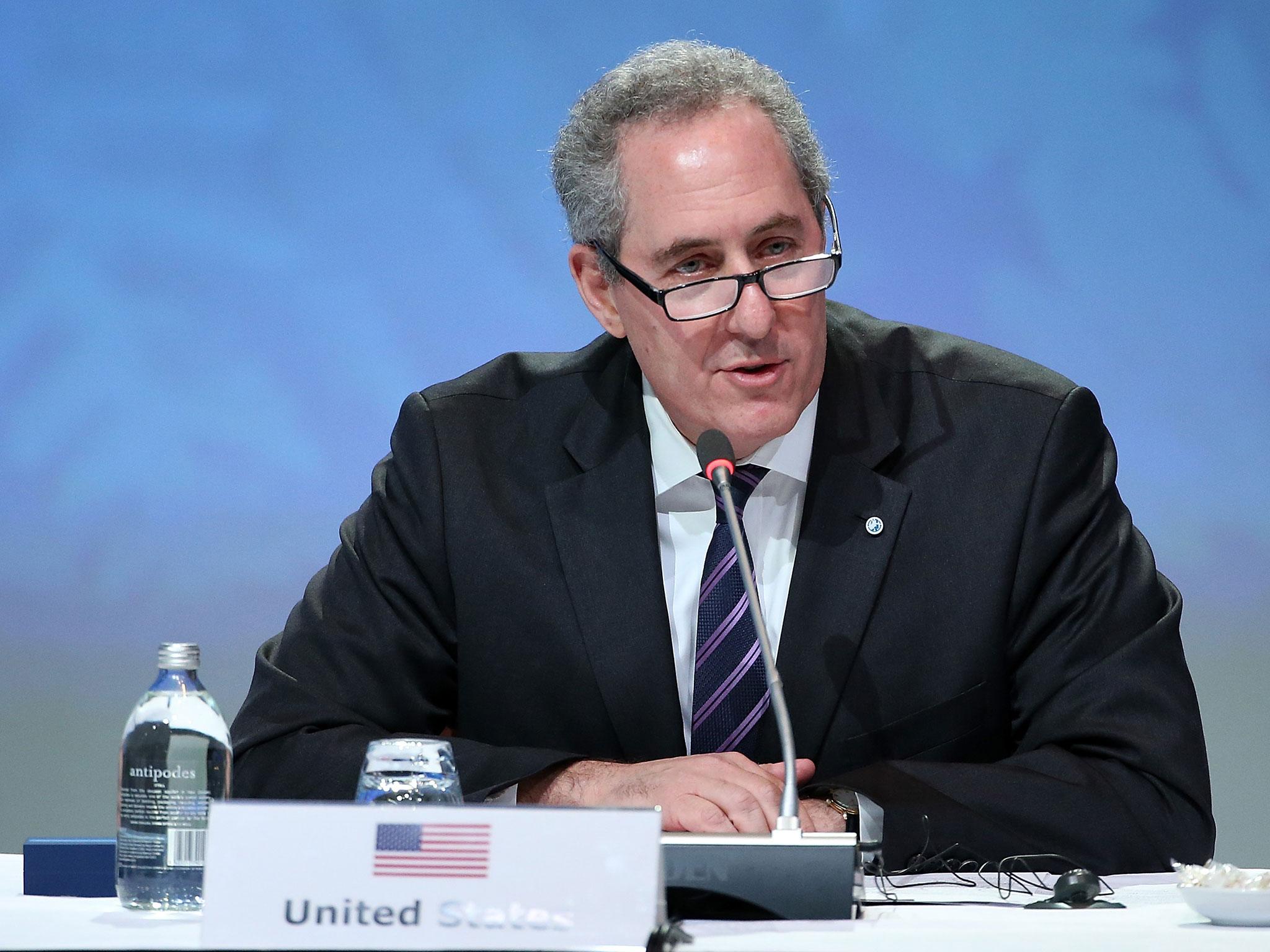Brexit: Barack Obama’s chief trade negotiator says UK won’t sign US trade deal any time soon
'Fundamental issues' around customs union membership and regulations on goods and services must be resolved before 'meaningful' talks can begin, says Michael Froman

Your support helps us to tell the story
From reproductive rights to climate change to Big Tech, The Independent is on the ground when the story is developing. Whether it's investigating the financials of Elon Musk's pro-Trump PAC or producing our latest documentary, 'The A Word', which shines a light on the American women fighting for reproductive rights, we know how important it is to parse out the facts from the messaging.
At such a critical moment in US history, we need reporters on the ground. Your donation allows us to keep sending journalists to speak to both sides of the story.
The Independent is trusted by Americans across the entire political spectrum. And unlike many other quality news outlets, we choose not to lock Americans out of our reporting and analysis with paywalls. We believe quality journalism should be available to everyone, paid for by those who can afford it.
Your support makes all the difference.Former US President Barack Obama’s chief trade negotiator has said that the UK will not sign a US trade deal any time soon and won’t even be able to begin “meaningful” negotiations until the UK has reached an agreement with the EU in relation to Brexit.
Michael Froman told The Times that “informal conversations about areas of sensitivity and priorities for the two economies", could take place. “But there are some pretty fundamental issues that have to get resolved before that conversation can move to real negotiations.”
When Prime Minister Theresa May visited Washington in January, Donald Trump’s team told her that a deal “could be done in a week,” the Financial Times reported.
"Even as the UK seeks to further trade with the US, it will want to maintain the deepest possible ties with the rest of the EU. Where there are differences between the European and the American approach to an issue, how the UK will square that circle — I think that is the biggest challenge. More than any one particular issue or sector,” Mr Froman said.
The lack of certainty over the type of deal currently being pursued will also slow progress on any trade agreement with the US, Mr Froman said.
"You need to know whether the UK is going to have sovereignty over its tariffs or whether products are going to be subject to the rules of a customs union.”
In a speech laying out her Brexit strategy in January, Theresa May Prime Minister said that she will not seek to keep the UK within the single market and has signalled that the country will also leave the EU customs union.
Mr Froman also questioned which regulations on products and service the UK would still be subject to after leaving the single market.
Until those issues get sorted out, it’s very hard for the UK to commit to any agreement with the United States, or to really delve into any great detail about what a free trade agreement looks like.“
His words could come as a blow to the Government, which is hoping to quickly seal trade deals with a host of nations, including India and Australia, in order to make up for the expected loss of trade with the EU after Brexit.
Even if a favourable and timely deal with the US can be signed analysts point out that it may not make up for the potential damage.
The EU is the UK’s largest trading partner, accounting for 44 per cent of the UK’s exports in 2015, compared to 15 per cent for the US. India buys just two per cent of the UK’s exports and Australia one per cent, according to official data.
Join our commenting forum
Join thought-provoking conversations, follow other Independent readers and see their replies
Comments